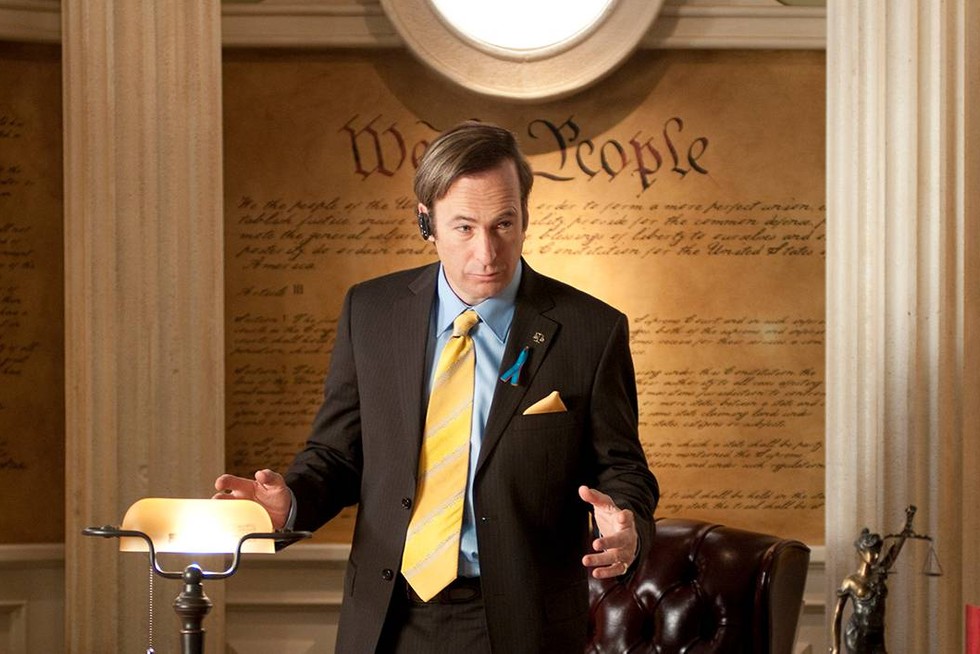Criminal defense attorneys are often portrayed on TV and in movies as cunning, manipulative, and morally ambiguous characters who will do anything to win their cases. From the slick and suave Saul Goodman in “Breaking Bad” to the brilliant yet troubled Annalise Keating in “How to Get Away with Murder,” these characters have become cultural touchstones, emblematic of the larger-than-life personalities that dominate the legal profession.
But how accurate are these portrayals of criminal defense attorneys? In reality, the vast majority of attorneys who practice criminal defense are dedicated professionals who work tirelessly to defend their clients’ rights and ensure that justice is served. And while TV and movies do get some things right, there are plenty of inaccuracies and misconceptions that can lead viewers astray.
One of the most common misconceptions about criminal defense attorneys is that they only take on clients who are guilty. This couldn’t be further from the truth. In fact, criminal defense attorneys are bound by ethical rules that require them to provide a vigorous defense to all clients, regardless of their guilt or innocence. This means that even if an attorney knows their client is guilty, they must still do everything in their power to secure the best possible outcome for their client under the law.
Another common misconception is that criminal defense attorneys are always trying to get their clients off on technicalities or loopholes in the law. While it’s true that attorneys will look for any possible defense strategy to help their clients, the reality is that most cases are won or lost on the strength of the evidence. A skilled criminal defense attorney will carefully review the evidence in a case and work to expose weaknesses or inconsistencies that can cast doubt on the prosecution’s case.

TV and movies also tend to glamorize the criminal justice system, portraying attorneys as larger-than-life heroes who swoop in to save the day. In reality, criminal defense is often a thankless and emotionally draining job, requiring attorneys to work long hours and deal with clients who may be difficult or uncooperative. Additionally, the vast majority of cases are resolved through plea bargaining rather than in dramatic courtroom showdowns, with attorneys working behind the scenes to negotiate favorable deals for their clients.
That’s not to say that TV and movies always get it wrong. In fact, there are some aspects of criminal defense that are accurately portrayed on screen. For example, the adversarial nature of the criminal justice system is often depicted in a realistic way, with attorneys fighting tooth and nail to win their cases. Additionally, the importance of building a strong rapport with clients is often emphasized, with attorneys working to earn the trust and respect of those they represent.
So what can viewers take away from these portrayals of criminal defense attorneys? For one, it’s important to recognize that TV and movies are not always an accurate reflection of reality. While these portrayals can be entertaining and informative, they should not be taken as gospel. Instead, viewers should seek out more nuanced and detailed information about the criminal justice system and the work of criminal defense attorneys.
In conclusion, criminal defense on trial in TV and movies can be both accurate and inaccurate, with some portrayals hitting the mark and others missing it entirely. While it’s important to take these portrayals with a grain of salt, there is no denying the impact that they have had on our understanding of the criminal justice system and the role of criminal defense attorneys within it. By separating fact from fiction, we can gain a deeper appreciation for the important work that these attorneys do every day to defend the rights of the accused.
